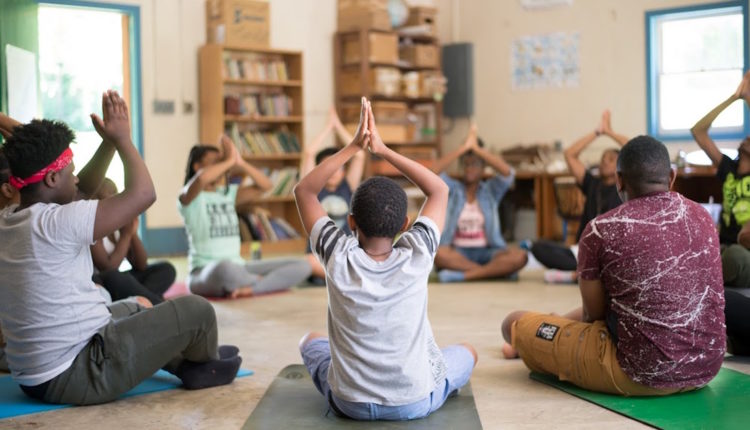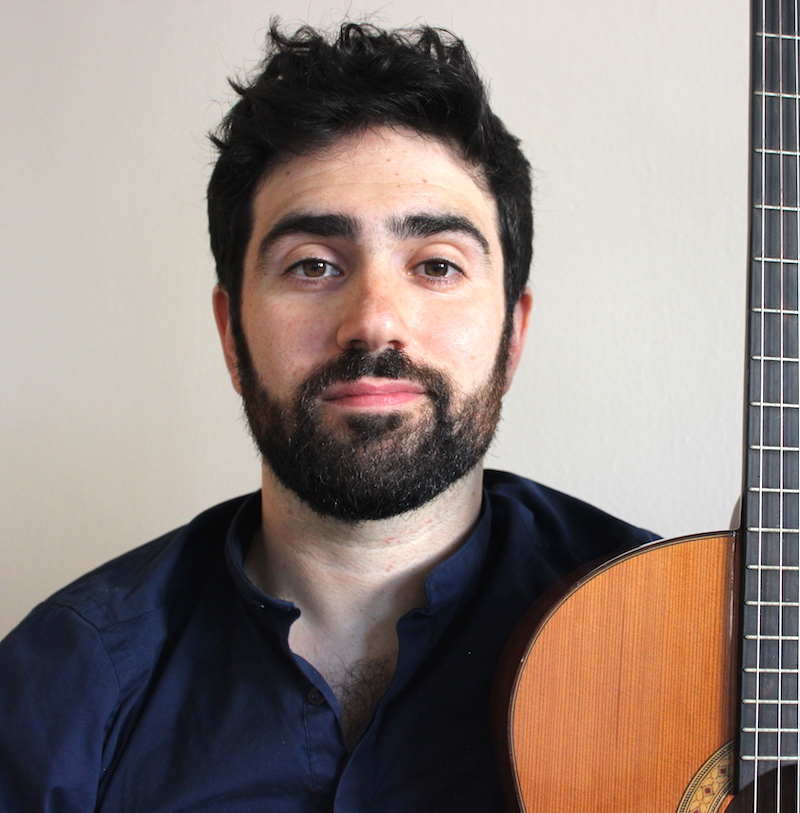
As another school year in the District gets underway, one topic seems to be far from everyone’s mind amid discussions about academics, extracurricular activities, after-school care and bus routes.
Our school discipline system is broken. It too often focuses on punishment, rather than finding constructive ways for the student to channel how they’re feeling and address the root causes of harmful patterns of behavior.

Approaches to student discipline through measures like detention and suspension result in decreased self-esteem, decreased motivation and lower graduation rates. These forms of discipline also enforce systematic inequalities and are disproportionately being used against students of color. In a 2013 article in The Washington Post, Emma Brown reported that “researchers have found that students who are suspended once in ninth grade are twice as likely to drop out of high school as their peers who are not suspended.”
At One Common Unity, we believe that there’s a better way.
Our organization’s mission is to break cycles of violence and build compassionate, healthy communities through the transformative power of music, arts, and peace education. We believe our communities must find proactive ways to decrease the number of school suspensions and expulsions while addressing student well-being. One Common Unity has the privilege of working with several schools in DC to deliver social-emotional literacy, mental health and transformative arts empowerment programs that support students to realize their full potential. As a new school year starts, we’re excited to launch our latest campaign, “Intention Not Detention.”
Intention Not Detention harnesses approaches such as restorative justice and tools like mindfulness, arts expression and skills in social-emotional literacy so that students can identify the root causes of their behavioral challenges and identify solutions to shift their actions moving forward. A core element of the program is the concept of an “Intention Room,” a safe, trauma-informed space equipped with a facilitator to guide students through strategies that will benefit them the most. One Common Unity is working to introduce Intention Rooms in various schools across the city, with the hope that it will become a standard practice across the region and across the country.
In May 2018, the DC Council passed the Student Fair Access to School Act, which limits the amount of time for which students can be suspended; DC Public Schools began implementing the law in the 2018-19 school year. As a result, we have seen educators look for alternative methods of addressing student behavior and maintaining discipline without threatening suspension or expulsion. One Common Unity believes that by reactivating a student’s joy of learning and providing them with adequate support to address in- and out-of-school challenges, they can become their best selves. We want schools to make learning culturally relevant for students and more closely connect academic success with personal fulfillment.
We have seen various schools across the country implement smarter approaches to discipline that avoid fear-driven punitive tactics. One of the most exciting is not far from DC: A school in Baltimore partnered with an organization called Holistic Me, and introduced students to yoga, reflection and mindfulness. The results? Holistic Life co-founder Andres Gonzalez told CityLab, “We’re seeing kids being less impulsive, we’re seeing kids dealing with conflicts peacefully, we’re seeing kids learning to regulate their emotions in situations of heightened stress, and being responsive rather than reactive.” One never knows what someone else is dealing with in their home or personal life, and it can often lead to stressors that create a negative outcome, such as disruptive behavior. With restorative practices like yoga and mindfulness, students are able to trust themselves and develop a response to stress that is their own.
With the proven success of these alternatives to detention and suspension, we believe the Intention Room offers an accessible, easily adoptable model to embed restorative justice-based, trauma-informed care within a school’s disciplinary model and overall culture. Instead of forcing a student to watch the clock as they sit in detention, thinking about anything but their previous actions, we want our students to feel heard, to feel loved, and to have a safe space to reflect and take ownership of their behavior moving forward. Through Intention Rooms, students will build critical skills in social-emotional literacy and conflict resolution techniques in a safe space with no judgment as they engage in art and music therapy, mindfulness, restorative justice practices and dialogue around the challenges they face in their daily lives.
We are excited to introduce this campaign throughout the DC area and beyond. To those involved in school communities, please contact us if you are interested in starting an Intention Room at your school. To support the campaign on social media, use the hashtag #IntentionNotDetention. Together, we can end fear-based discipline and shift to a future of intentional, positive education and healing.
Aaron Shneyer is the managing director of One Common Unity, a DC-based nonprofit organization that breaks cycles of violence and builds compassionate, healthy communities through music, arts, and peace education.
About commentaries
The DC Line welcomes commentaries representing various viewpoints on local issues of concern, but the opinions expressed do not represent those of The DC Line. Submissions of up to 850 words may be sent to editor Chris Kain at chriskain@thedcline.org.


Comments are closed.